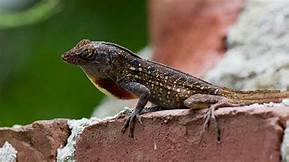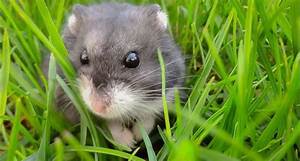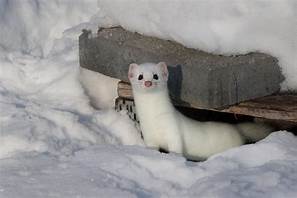Can I Have a Pet Wombat?
Wombats are unique and fascinating marsupials that are native to Australia. They are known for their stout bodies, long claws, and distinctive pouch. While they may seem like cuddly creatures, owning a pet wombat comes with a number of challenges and considerations.

Wombat Care and Requirements
1. Habitat: Wombats require a large and secure enclosure that provides them with plenty of space to roam, dig, and burrow. The enclosure should have a variety of vegetation, rocks, and hiding spots to keep the wombat entertained and active.
2. Diet: Wombats are herbivores and primarily feed on grasses, roots, and bark. They also enjoy a variety of fruits and vegetables. A healthy diet for a pet wombat should be carefully planned and monitored to ensure they are receiving all the necessary nutrients.
3. Socialization: Wombats are generally solitary animals, but they can form strong bonds with their owners if they are properly socialized from a young age. Daily interaction and positive reinforcement are essential for building a trusting relationship with a pet wombat.
Legal and Ethical Considerations
1. Regulations: In many countries, it is illegal to own a pet wombat. Wombats are protected species in Australia, and their export is strictly regulated. It is important to check local laws and regulations before considering owning a pet wombat.
2. Ethics: Wombats are wild animals and may not be suited for a life in captivity. Keeping a wombat as a pet can deprive it of its natural habitat, social interactions, and freedom to roam. It is important to consider the animal's welfare and well-being before deciding to own a pet wombat.
Alternatives to Owning a Pet Wombat
1. Volunteering: If you are passionate about wombats, consider volunteering at a wildlife sanctuary or zoo that cares for these animals. This allows you to interact with wombats, learn about their behavior, and contribute to their conservation.
2. Educational Programs: Many zoos and wildlife parks offer educational programs that allow visitors to learn about wombats and other Australian animals. These programs provide an opportunity to observe wombats in their natural habitat and gain a deeper understanding of their unique characteristics and behaviors.
3. Wildlife Watching: If you live in an area where wombats are found, you can enjoy observing them in their natural habitat. Go for walks in national parks or wildlife reserves, and keep an eye out for these fascinating creatures.
Ultimately, the decision to own a pet wombat is a complex one that requires careful consideration of the animal's needs, the legal and ethical implications, and the availability of suitable care and facilities. If you are considering owning a pet wombat, it is crucial to thoroughly research and understand the responsibilities and challenges involved in providing a proper home for this unique and protected species.
Declaration: All article resources on this website, unless otherwise specified or labeled, are collected from online resources. If the content on this website infringes on the legitimate rights and interests of the original author, you can contact this website to delete it.






